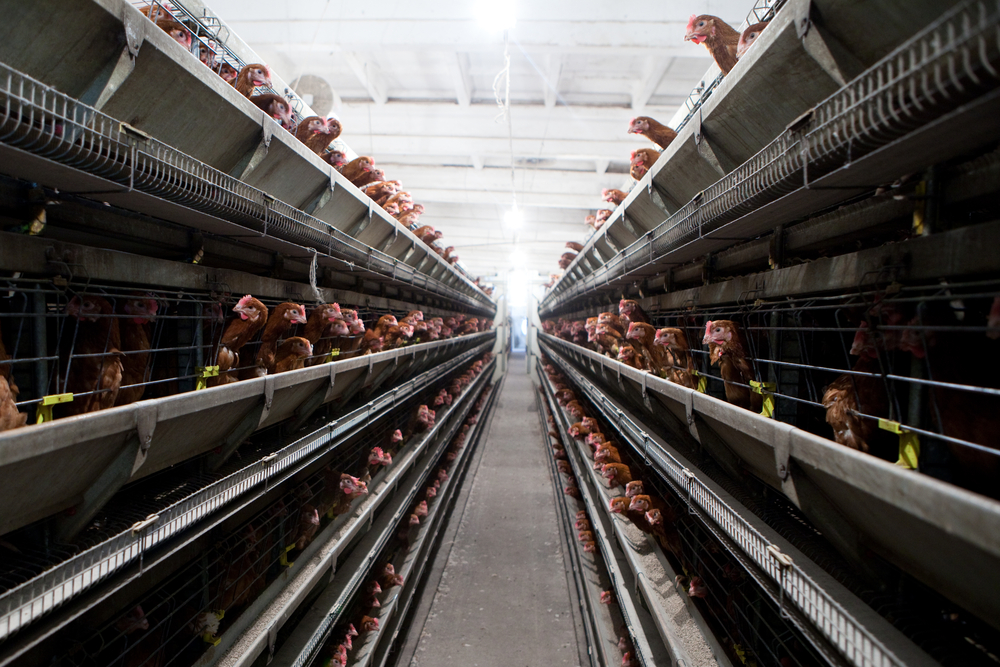Chicken farmers have been shafted by corporate consolidation, says country legend and Farm Aid President Willie Nelson.
In an op-ed for the Washington Post, Nelson and Rep. Marcy Kaptur (D-Ohio) lay out the problems with contract farming and lament the plight of the American chicken farmer. While poultry growers earn about 34 cents for every chicken they raise, processing companies earn about $3.23 per bird. It’s a cycle that leaves farmers trapped in debt, they write:
In May of 2010, Agriculture Secretary Tom Vilsack and then-U.S. Attorney General Eric Holder traveled to Alabama for a hearing examining abuses and anticompetitive practices in the poultry industry.
Poultry farmers at this and similar events described a widespread culture of fear. Growers reported retaliation in the form of canceled contracts, substandard chicks and feed, unannounced audits, rigged prices and expensive upgrade requirements if they chose to speak publicly or to their congressional representatives, or to organize with fellow growers to defend their interests.
But there are solutions:
The good news is that we have laws on the books to protect these farmers. All we have to do is enforce them.
In the 2008 farm bill, Congress directed the USDA to develop rules to protect farmers from retaliation and stop deceptive and anticompetitive practices by processors. The USDA did as directed, using findings from the aforementioned workshops to develop strong rules protecting poultry growers’ basic rights.
One of these rules prohibits industry retaliation “in response to the lawful expression, spoken or written, association, or action of a poultry grower.” In other words, growers have the right to speak freely and peaceably assemble. Other provisions prohibit deceptive or anticompetitive practices.
The powerful meat lobby has pressured Congress year after year to block funding to enforce these rules. Today, farmers remain vulnerable to industry retaliation, discrimination and deception. A funding bill that would allow the USDA to protect farmers from these unfair practices has started to move in Congress, but the same powerful interests that stopped it before will not be far behind. Members of Congress need to hear from their constituents on this issue immediately.
Willie Nelson, ladies and gents: marijuana enthusiast, country music hero, and the Lorax of chicken farmers.

Grist / Amelia Bates



